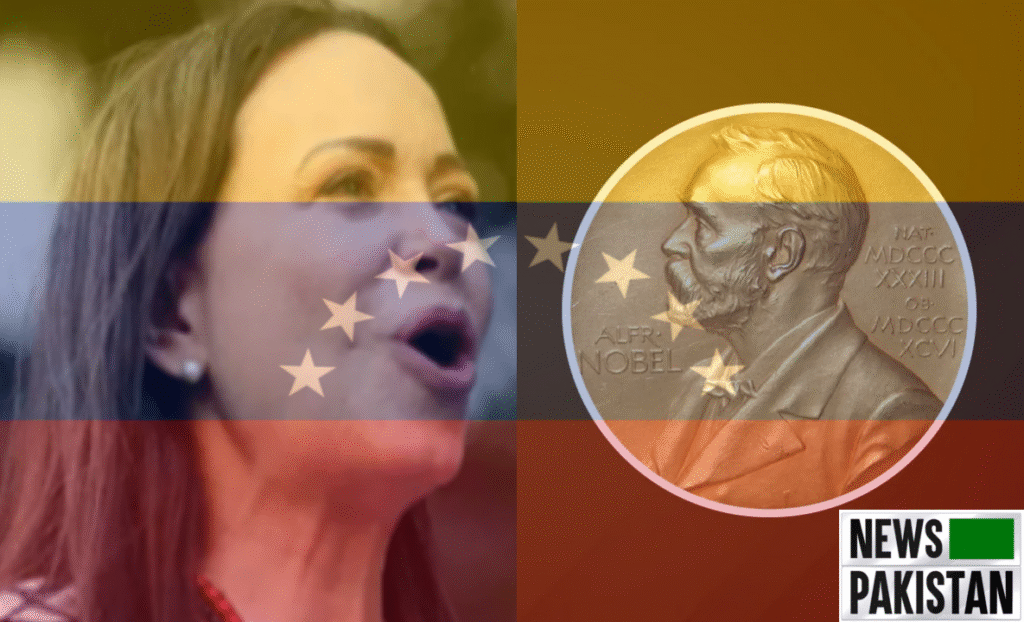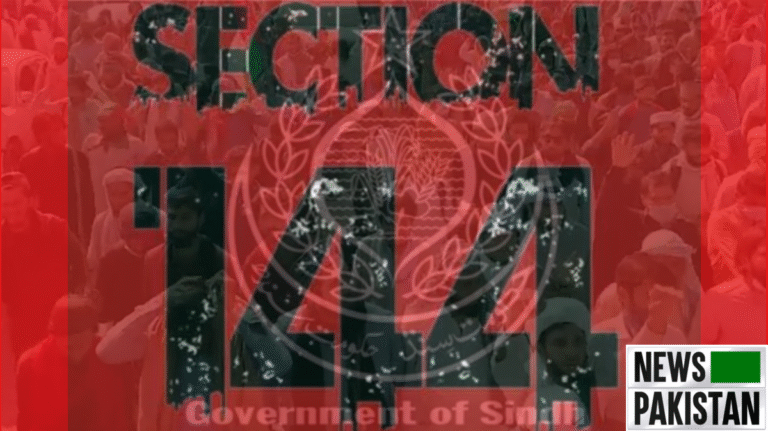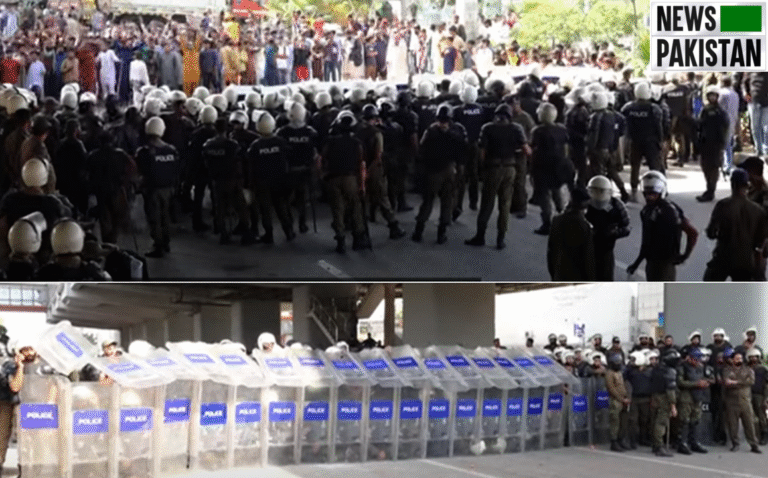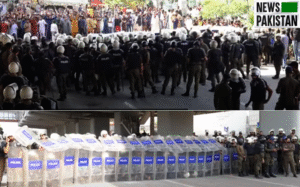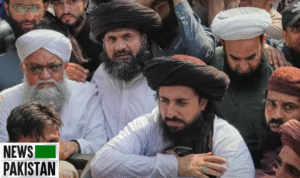STOCKHOLM: The Nobel Peace Prize has been awarded on Friday (10th Oct, 2025) to the 58-year-old Opposition Leader María Coria Machado for her tireless work promoting democratic rights for the people of Venezuela and for her struggle to achieve a just and peaceful transition from dictatorship to democracy.
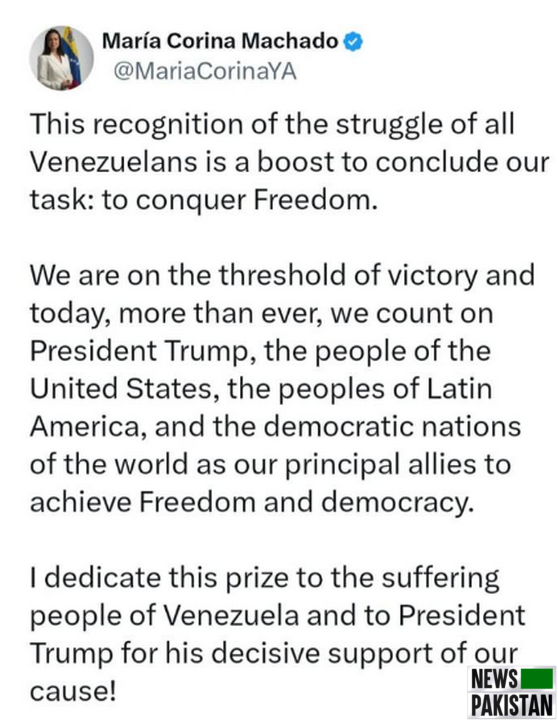
Taking to X María Coria Machado stated: “This recognition of the struggle of all Venezuelans is a boost to conclude our task: to conquer Freedom. We are on the threshold of victory and today, more than ever, we count on President Trump, the people of the United States, and the democratic nations of the world as our principal allies to achieve Freedom and democracy. I dedicate this prize to the suffering people of Venezuela and to President Trump for his decisive support for our cause!”
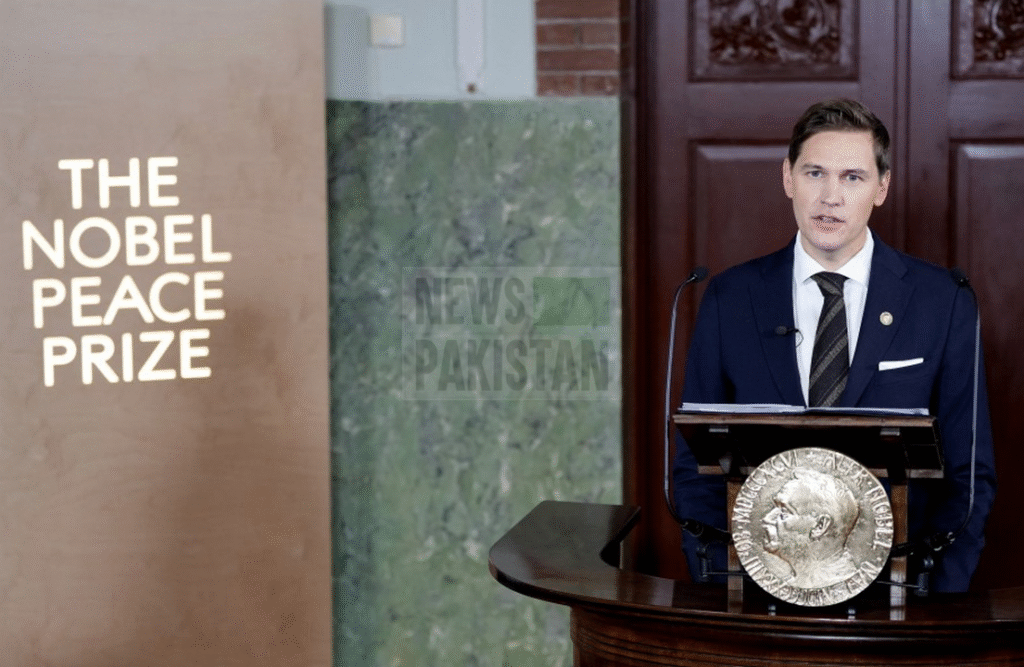
Jorgen Watne Frydnes, the chair of the Norwegian Nobel Committee in Oslo, noted: “As the leader of the democratic forces in the Venezuela, she is one of the most extraordinary examples of civilian courage in Latin America in recent times”. Machado, an industrial engineer who lives in hiding in Venezuela, said in her video message that Nobel Peace Prize 2025 was an achievement of a whole society: “I am just one person. I certainly do not deserve this.”
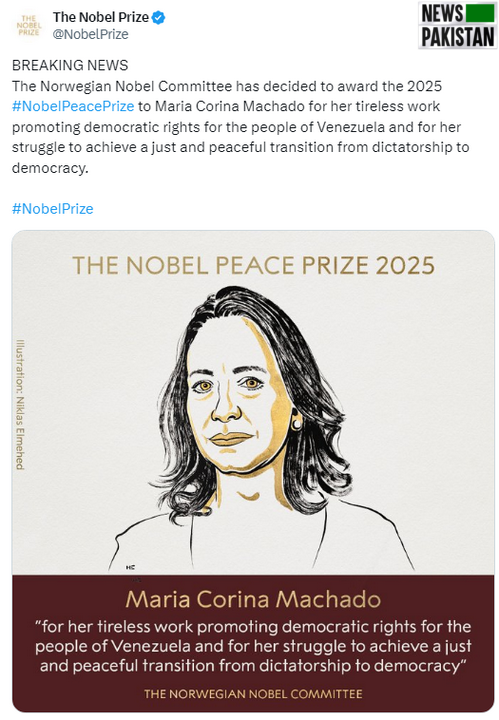
Hungarian novelist and screenwriter László Krasznahorkai was awarded on Thursday (8th Oct, 2025) the Nobel Prize in Literature for 2025, “for his compelling and visionary oeuvre that, in the midst of apocalyptic terror, reaffirms the power of art.”
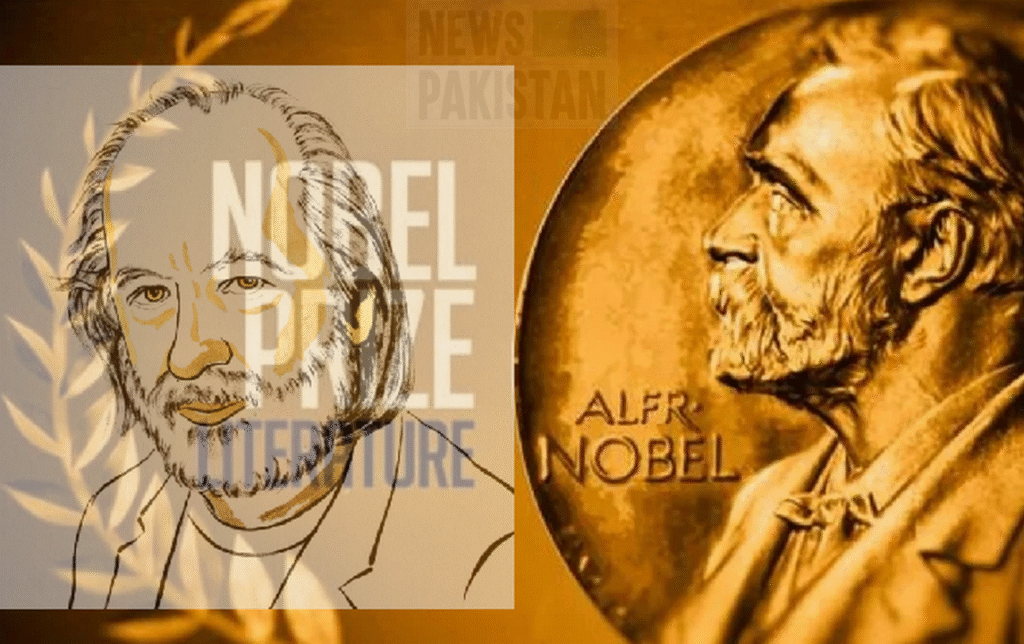
The Nobel Prize has taken to the X to state: “This year’s Nobel Prize laureate in literature László Krasznahorkai is a great epic writer in the Central European tradition that extends through Kafka and Thomas Bernhard, and is characterised by absurdism and grotesque excess“. László Krasznahorkai, who has written five novels, has been awarded a number of coveted prizes, including 2015 Man Booker International Prize.
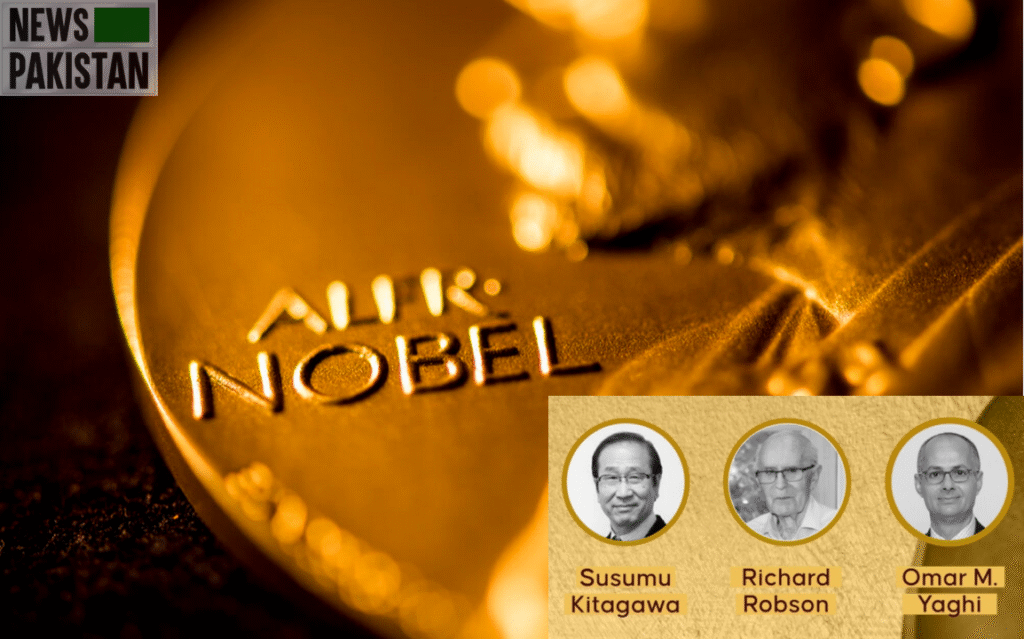
Susumu Kitagawa (Kyoto University), Richard Robson (University of Melbourne) and Jordanian-American Omar Yaghi (University of California, Berkeley) have been awarded on Wednesday (8th Oct) the 2025 Nobel Prize in chemistry.
They were awarded Nobel for the development of metal-organic frameworks (a form of molecular architecture that packs vast amounts of space into tiny structures, porous material roughly the size of a small sugar cube could contain as much surface area as a large football pitch.
Son of Palestinian refugees in Jordan, Yaghi maintained that Science was the greatest equalising force in the world. He was born to Palestinian refugees in Jordan, where his family shared a one-room home with the cattle the family was raising. “My parents could barely read or write. It’s been quite a journey, science allows you to do it.”
Yaghi found a book on molecules in the library and it was the commencement of a life-long love of chemistry. Talking to journalists at the Nobel Presser, Susumu Kitagawa said: “My dream is to capture air and separate air to (for instance, in CO2 or oxygen or water or something) and convert this to useful materials using renewable energy.”
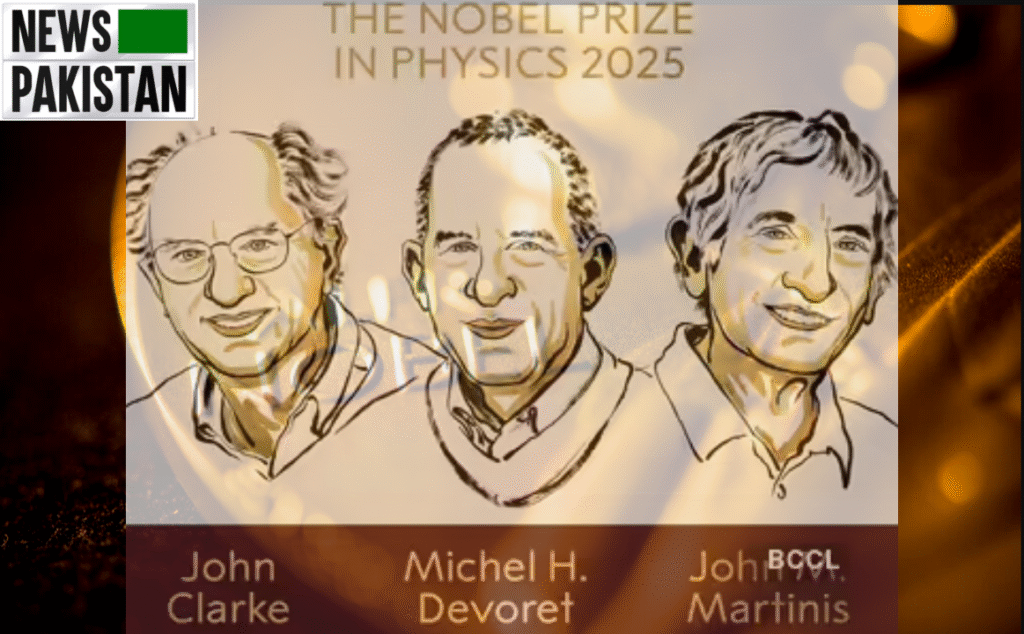
Royal Swedish Academy of Sciences, while announcing the winners of Nobel Physics Prize, here on Tuesday (7th Oct, 2025) held: “This year’s Nobel Prize in Physics has provided opportunities for developing the next generation of quantum technology, including quantum cryptography, quantum computers, and quantum sensors.”
According to details US-based John Clarke, Michel Devoret and John Martinis won the 2025 Nobel Prize in Physics for “experiments that revealed quantum physics in action.” The trio carried out experiments with an electronic circuit built of superconductors and demonstrated that quantum mechanical properties could be made concrete on a much larger, macroscopic scale.
Newspakistan.tv

